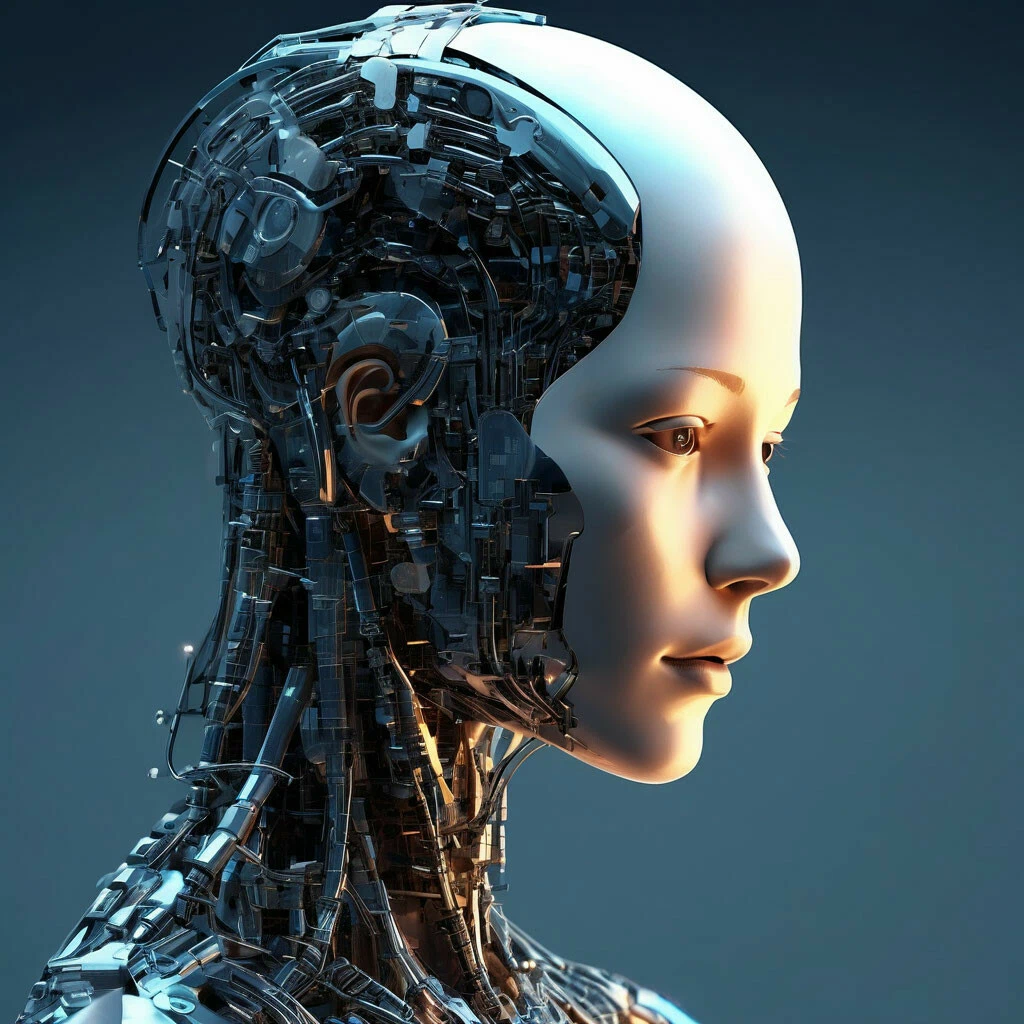
Robots that change their own batteries and work without stopping
Chinese company UBTech has made a decisive step toward creating truly autonomous robots. The company’s engineers demonstrated a unique automatic battery replacement technology for their humanoid robots Walker S2. This technology allows them to operate around the clock without human intervention.
The technology has attracted interest from automakers Nio, BYD, and Zeekr, who are considering using these humanoid robots on their production lines.
The power system of these robots was originally designed with 2 batteries. This provided the necessary redundancy to perform critical tasks. Now this feature has found a new application. The robot can independently replace a depleted battery with a charged 1 at a special station, taking only a couple of minutes for the entire process.
Walker S2 developers note that the robot is capable of independently deciding whether to replace the battery or recharge it without removing it from the body. The choice is determined by the next tasks in the queue.
During battery replacement, the robot continues to be powered by the second battery. The key point here is the precise calculation of the remaining charge, so the robot can reach the replacement station and complete the procedure in time.
